Quiz: Am I Genderfluid?
○ DISCLAIMER
The quizzes and content on this website are designed for entertainment purposes only and should not be used as a basis for making personal decisions about your sexuality, gender identity, or any other life choices. These quizzes are not diagnostic tools and cannot determine your identity or orientation. If you're questioning your identity or need support, we strongly encourage you to seek guidance from qualified LGBTQ+ friendly professionals or counselors. Remember that your journey of self-discovery is unique and personal to you.
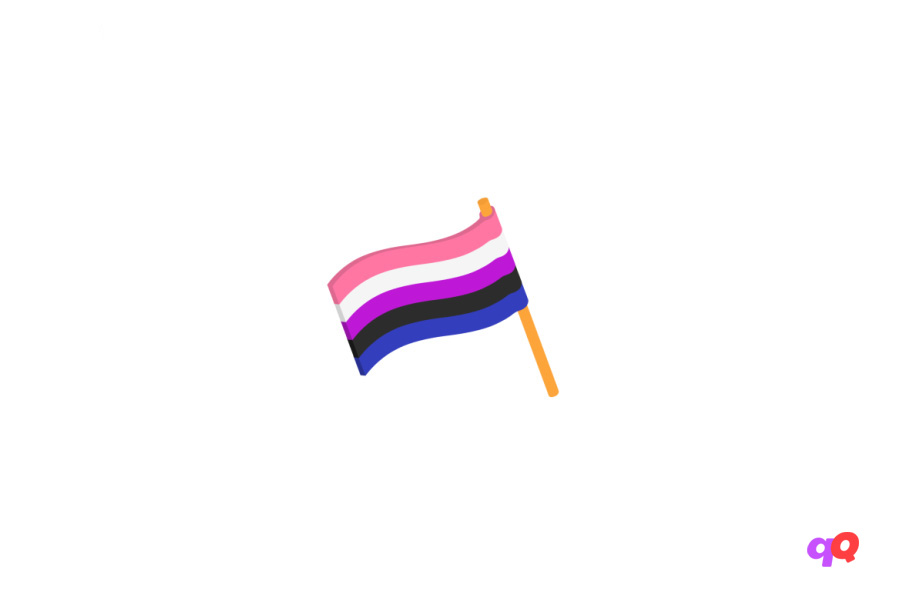
Imagine an ocean where tides create an ever-changing landscape of coastline. Today the waves reach the cliffs, tomorrow they retreat to the horizon, revealing sandy dunes. This natural variability is the perfect metaphor for understanding genderfluidity. If you’ve found yourself here, perhaps you feel these tides within yourself and are seeking answers. Our “Am I Genderfluid?” quiz is designed as a compass on this journey of self-discovery, but before diving into the questions, let’s explore the ocean itself.
What is Gender Fluidity?
Genderfluidity is the experience of perceiving one’s gender identity as a changeable, fluid substance that can transform over time. Unlike static representations of gender, where a person consistently feels like a man, woman, or non-binary person, genderfluid people experience a spectrum of identities.
These changes can occur:
- Cyclically – with predictable patterns, like the changing phases of the moon
- Spontaneously – sudden shifts without obvious triggers
- Situationally – depending on environment, mood, or social context
- Gradually – slow transitions stretching over days or weeks
It’s important to understand: genderfluidity is not a whim or uncertainty. It’s a profound experience of self that can be accompanied by both gender dysphoria (discomfort from incongruence) and gender euphoria (joy from alignment with current feelings).
Research shows that approximately 0.1% of the population identifies as genderfluid, though real numbers may be higher due to social stigmatization. Neurobiological studies suggest that gender identity is formed through complex interactions of biological, psychological, and social factors – and for some people, the result of this interaction is dynamic.
About the Quiz
Our “Am I Genderfluid?” quiz is designed not as a diagnostic tool, but as a means for reflection and self-exploration. It’s based on the experiences of the genderfluid community and includes questions that help:
- Map your experience – identify patterns in how you perceive your gender
- Recognize signals – pay attention to moments of gender shifts
- Validate experiences – understand that your experience is real and meaningful
- Suggest direction – point toward resources for further exploration
The quiz uses a self-assessment methodology with multiple choice, where each question explores different aspects of gender experience: from daily preferences to deep feelings of identity. The results present a spectrum of possibilities rather than a binary “yes/no” answer, because the path of self-discovery is rarely straightforward.
Signs of Gender Variability Underlying the Quiz
Each person experiences genderfluidity in their own way, but there are common markers that help recognize this identity. Our quiz is built around six key signs that genderfluid people most often mention in their stories. These indicators are not mandatory criteria – rather, they’re a constellation of experiences in which you might recognize your own feelings.
Fluctuating Self-Perception
The most fundamental sign is variability in how you perceive your gender. This can manifest as an internal “knowing” or sensation that’s difficult to express in words. One day you wake up with a clear sense of masculine energy, another with feminine, a third with something indefinable between or outside these categories.
Discomfort from Gender Expectations
Genderfluid people often experience variable discomfort from social expectations. A dress that brought joy yesterday might today evoke an acute sense of “wrongness.” Pronouns that usually fit suddenly begin to grate on the ear like a false note.
Gender Euphoria in Different Presentations
The opposite of dysphoria – euphoria – also fluctuates. Genderfluid people describe moments of deep satisfaction when their external presentation matches their internal sensation. This might be joy from a masculine suit on Monday and from a flowing dress on Friday.
Variability in Social Roles
Preferences in social roles and interactions can change along with gender identity. During some periods, a person might gravitate toward traditionally masculine spaces and activities, in others toward feminine ones, and in still others seek gender-neutral environments.
Bodily Dysphoria in Waves
The relationship with one’s own body among genderfluid people often changes cyclically. Chest, beard, voice – any gender-marked characteristics can be perceived sometimes as fitting, sometimes as alien.
Multiple Wardrobes
A practical sign – the need for diverse clothing for different gender states. Genderfluid people often create “capsule wardrobes” for various presentations or choose androgynous clothing as a universal solution.
Differences from Non-Binary and Agender Identities
Understanding the differences between similar identities is critically important for self-definition. Imagine the gender spectrum as a musical score:
- Non-binary is an umbrella term for all identities outside the binary “man/woman” system. If genderfluidity is jazz improvisation with constant modulations, then non-binary is all music outside classical two-voice harmony. A non-binary person might have a stable identity somewhere between or outside traditional genders.
- Agender is the absence of gender identity, silence in the musical metaphor. Agender people don’t experience an internal sense of gender at all. Unlike genderfluid people who experience multiple gender states, agender individuals are in a constant state of being “outside gender.”
- Demigender is partial connection to a specific gender. If genderfluidity is full immersion in different gender states, then demigender is constant existence on the boundary, with one foot inside and one outside.
The key distinction of genderfluidity is precisely in movement, in dynamics. It’s not an intermediate state or absence of gender, but an active process of flowing between different points on the gender spectrum.
The journey of self-discovery you’re embarking on with our quiz is an act of courage. In a world that loves clear categories, acknowledging your own fluidity requires bravery. Remember: your experience is valid regardless of any test results. The quiz is simply a tool, a lantern in the darkness of self-exploration. The real answers live in your own experience, in those tides you feel every day. And just as the ocean doesn’t cease to be an ocean because of its changeability, you don’t become less real because of your gender fluidity.
○ Related Quizzes
Questions Overview
- Prefer a consistent style
- Love experimenting depending on my mood
- Exploring different styles to find my own
- Mix styles without thinking about gender norms
- Prefer one specific set of pronouns
- Comfortable with different ones on different days
- Want to try different ones to see what fits
- Don't place much importance on pronouns
- Recognize myself immediately
- See different versions of myself
- Try to understand how I've changed
- Just see a child without gender frames
- Comfortable in traditional roles
- It varies during different periods
- Try different roles
- Create my own unique role
- Consistent style or no makeup at all
- Change looks based on mood
- Experiment with different techniques
- Use it as a form of self-expression without rules
- Have one favorite scent
- Alternate between 'masculine' and 'feminine' fragrances
- Try different ones, searching for my signature scent
- Choose based on mood, ignoring gender marketing
- Calmly check the appropriate box
- Answer depends on how I feel at the moment
- Take time to consider the choice
- Wish there were more options available
- Happy if they match my gender
- Reaction depends on my current state
- Interested in trying different things
- Don't understand the concept of gendered gifts
- Content with my natural voice
- Sometimes want to speak differently
- Experiment with different tones
- Don't associate voice with gender
- Know my style exactly
- Feelings change day to day
- Exploring what suits me
- Choose what I like regardless of section
- Enjoy those matching my gender
- Differently on different days
- Interested in hearing various ones
- Appreciate compliments unrelated to gender
- Celebrate 'my' holiday
- Might celebrate different ones
- Interested in exploring different traditions
- Think dividing holidays by gender is outdated
- Use photos reflecting my gender
- Change depending on how I feel
- Try different images
- Choose abstract images
- Those matching my gender
- Different ones depending on mood
- Experiment with various ones
- Gender-neutral ones
- Some feel natural
- Attitude changes over time
- Analyze their influence on myself
- Consider them outdated and limiting

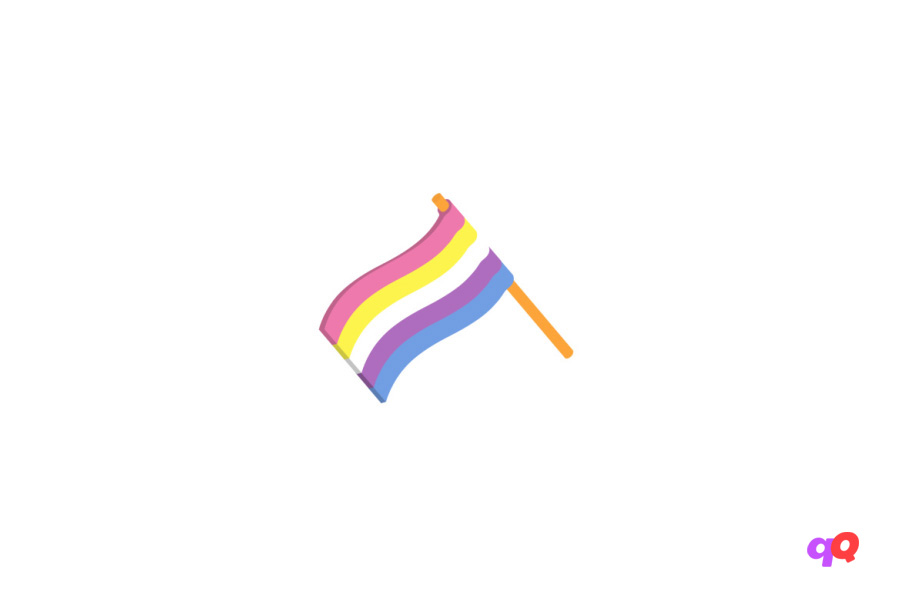
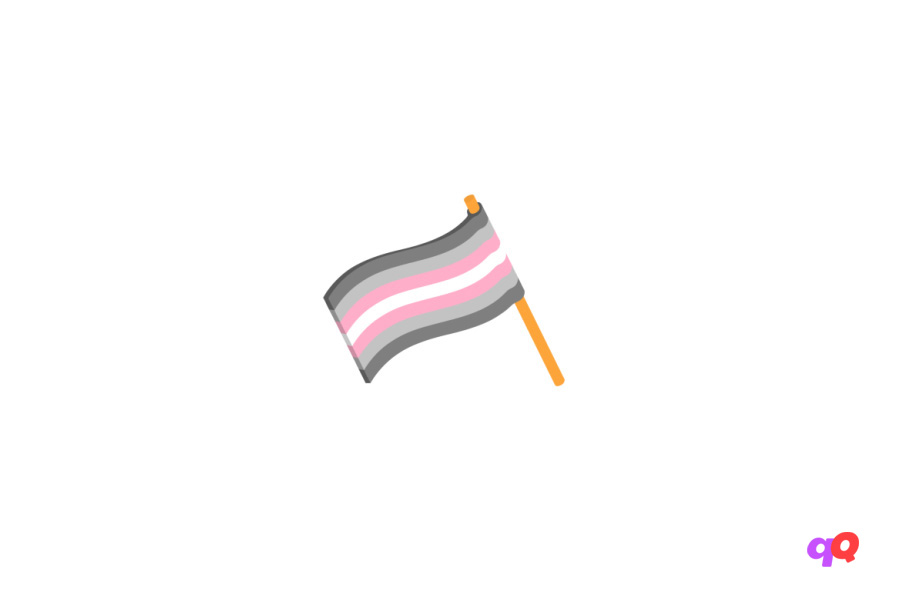
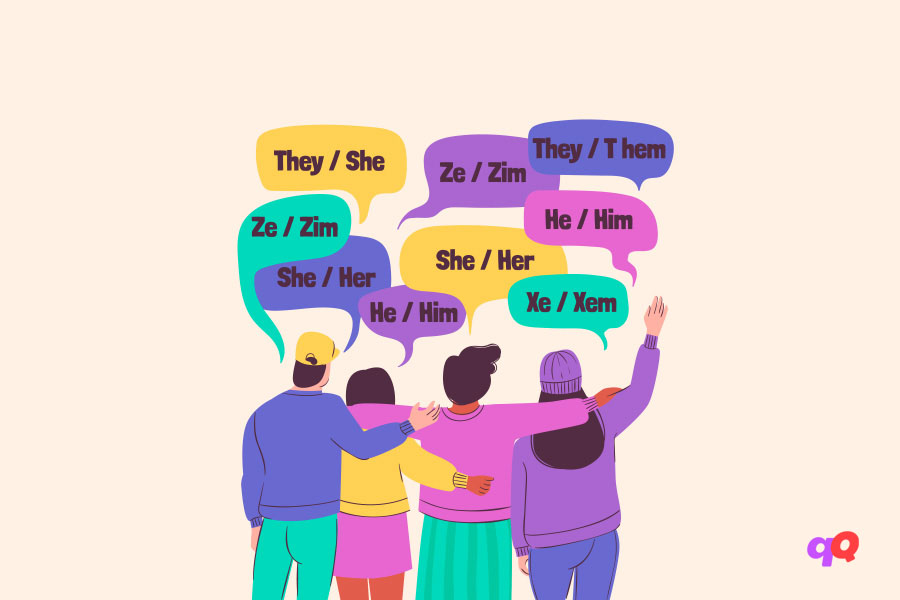
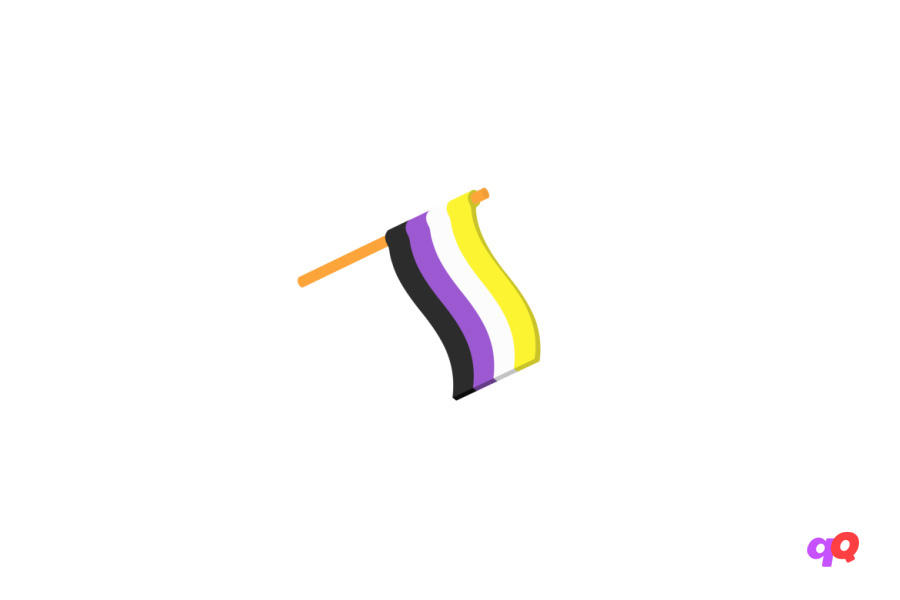
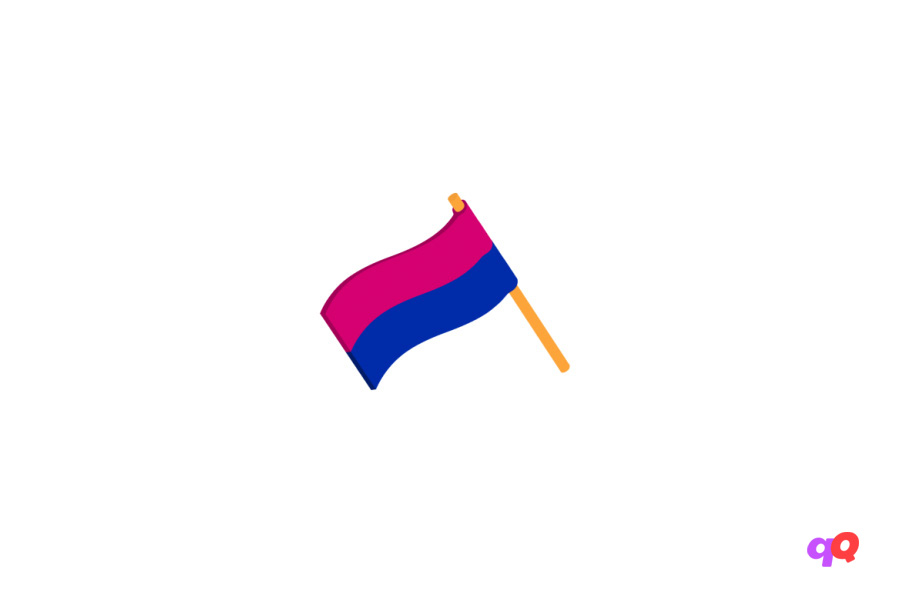

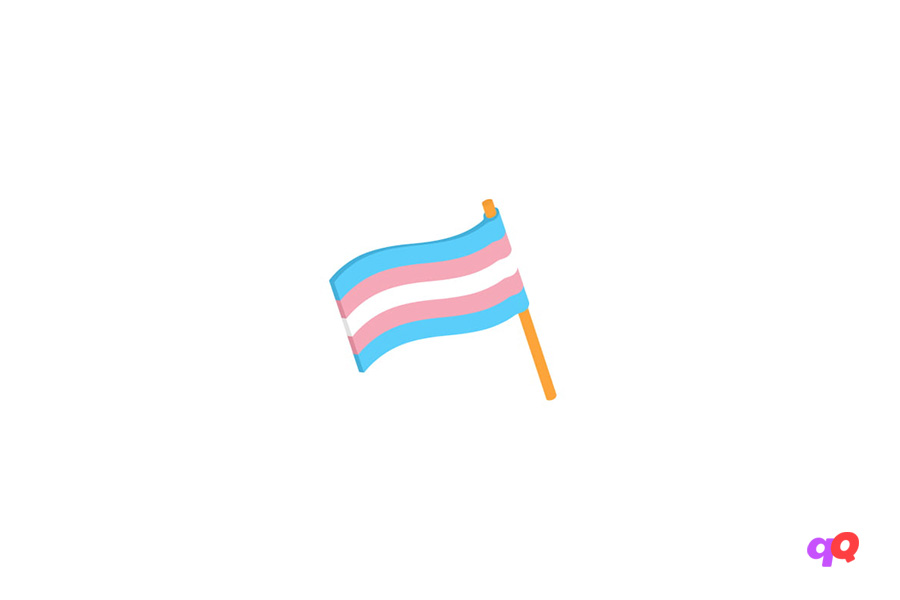
Cool
huh, neat
nice
Nice
said i was nonbinary, which does often feel right, but i’m really genderfluid (she/he/they, almost always overlap lol)
same hear
same
How do I know if I´m non binary but all genders or gender fluid?
If you’re nb you feel that way all the time I think and if you’re gender fluid it depends on like the day
This is making me so freaking nervous
Cool
Said I was Gender fluid which did feel quite right
im new to this but genderfluid feels right tho
Said I was Nonbinary, yet I’m fine with She/Her, or They/Them, Idgaf as long as it’s not It, or Masculine pronouns
this didn’t really help. just said I’m gender exploring and need to keep looking. I’ve been questioning for 1 year and still don’t know what I identify as. does anyone have any tips or suggestions that could help me?
Yep that’s me a genderfulid :3
I’m proudly gender fluid
i feel 100% genderfluid, but im so scared to look at the results!!
omg! im on the last question! im so scared!!
YESSSSSSSSSSS!!!!!!!!!! in genderfluid!!!!!!!
i already knew i was genderfluid, i was jst confirming loll